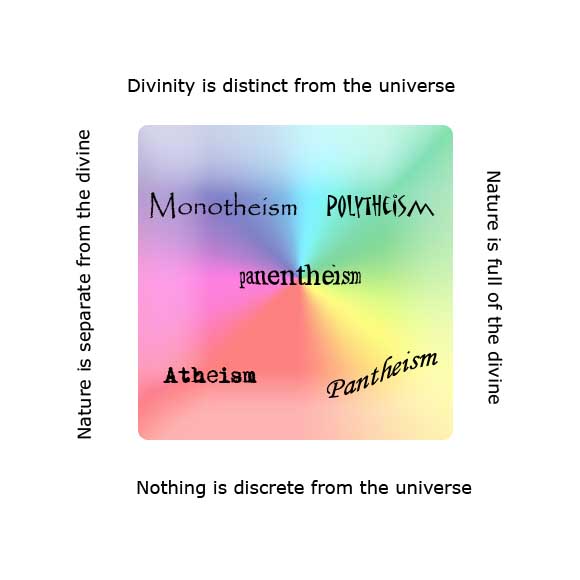I want to thank everyone who commented on my last post. I also want to clarify and dig deeper into part of the huge area I addressed in it. What I was really wondering when I asked “why is it so often the renunciates who are the one who elucidate sacred sexuality,” I didn’t mean simply sexuality in general, which comes with strong conditions attached to it in virtually ALL cultures, but the tantric, spiritual aspect of sexuality; sexuality as a reflection of the union of the soul with the divine. Why is it celibate Buddhist monks who are the ones who present the yab-yum with the Buddha and his consort? Why is it St. John of the Cross and St. Teresa who present us with the erotic images of the soul in passionate union with God?
There certainly are exceptions: the Sufi poets, married Indian gurus, etc. But I’ve never heard a Christian layperson say anything like, “what you are doing is expressing the passionate giving of God pouring his love into the world. You are being God for each other, the soul for each other.” However, the mystical meaning of sexuality is quite often, in East and West, presented most strongly by renunciates.
A couple of comments suggested that it was double-speak or sexual frustration on the part of the celibates. I think there’s something deeper at work. As I said before, desire is tricky… I think that some degree of spiritual growth is necessary for sex to be even be able to be seen as something essentially giving. The desire to “get” permeates sex: Get some, get laid, get off. I think it takes some degree of taming the “getting” engine of the ego, before sexuality can be seen as spiritual activity… one certainly doesn’t have to be a celibate to do so, but the monastic traditions, East and West, were created largely for that purpose. Now, things are beginning to change a bit… millions of laypeople are discovering mysticism within their faith, and sacred sexuality is beginning to be addressed. You might hear of Christian tantra sooner than you’d think.






 Okay, if you’re tired of hearing me tell you that you should get
Okay, if you’re tired of hearing me tell you that you should get 